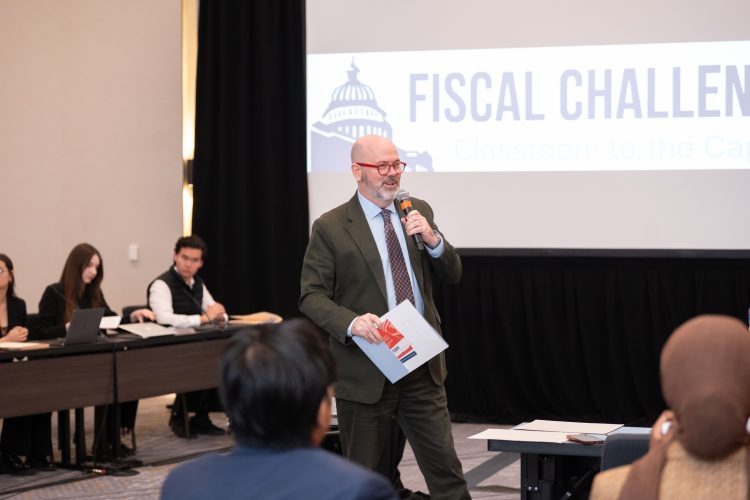Introduction Most economists agree there are times when government borrowing is either necessary or unavoidable, such as wars and recessions. But there is less agreement on how the national debt affects the economy and whether it imposes a disproportionate burden…
Introduction The annual Social Security and Medicare Trustees’ reports make numerous economic and demographic assumptions to project the long-term financial status of these two programs. Among these assumptions is the average number of births women will have over their…



